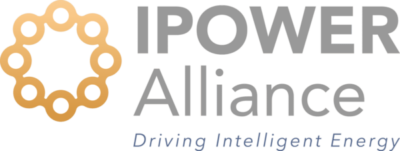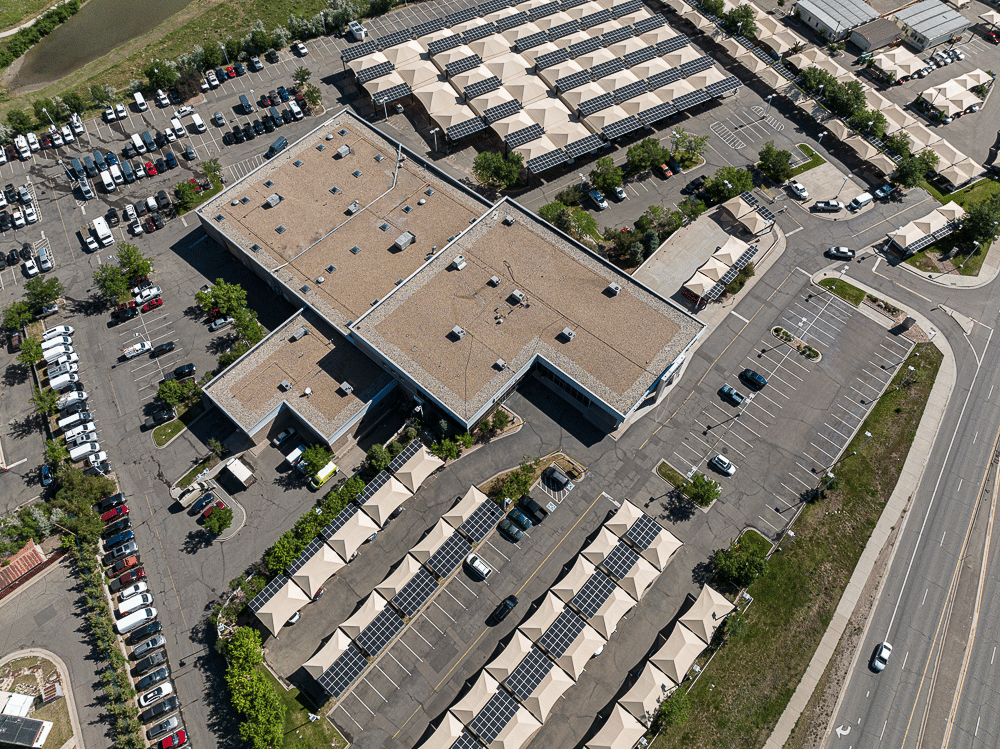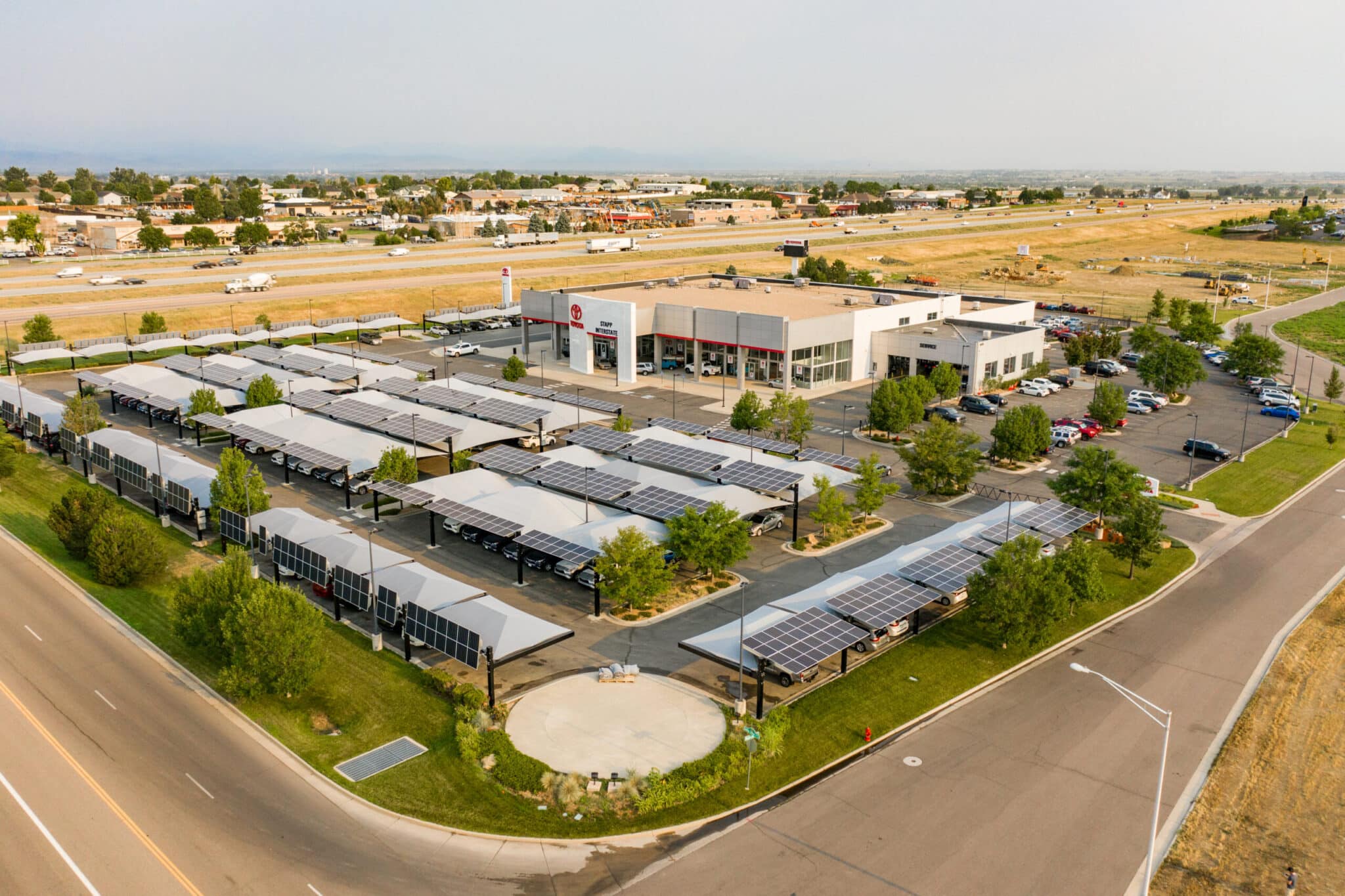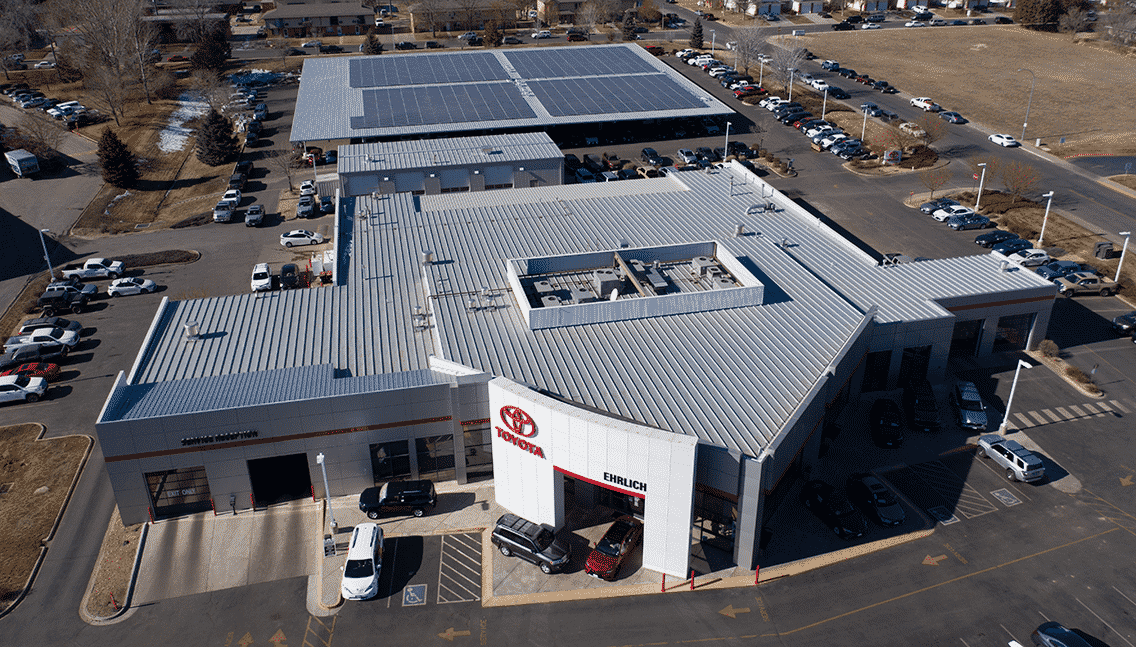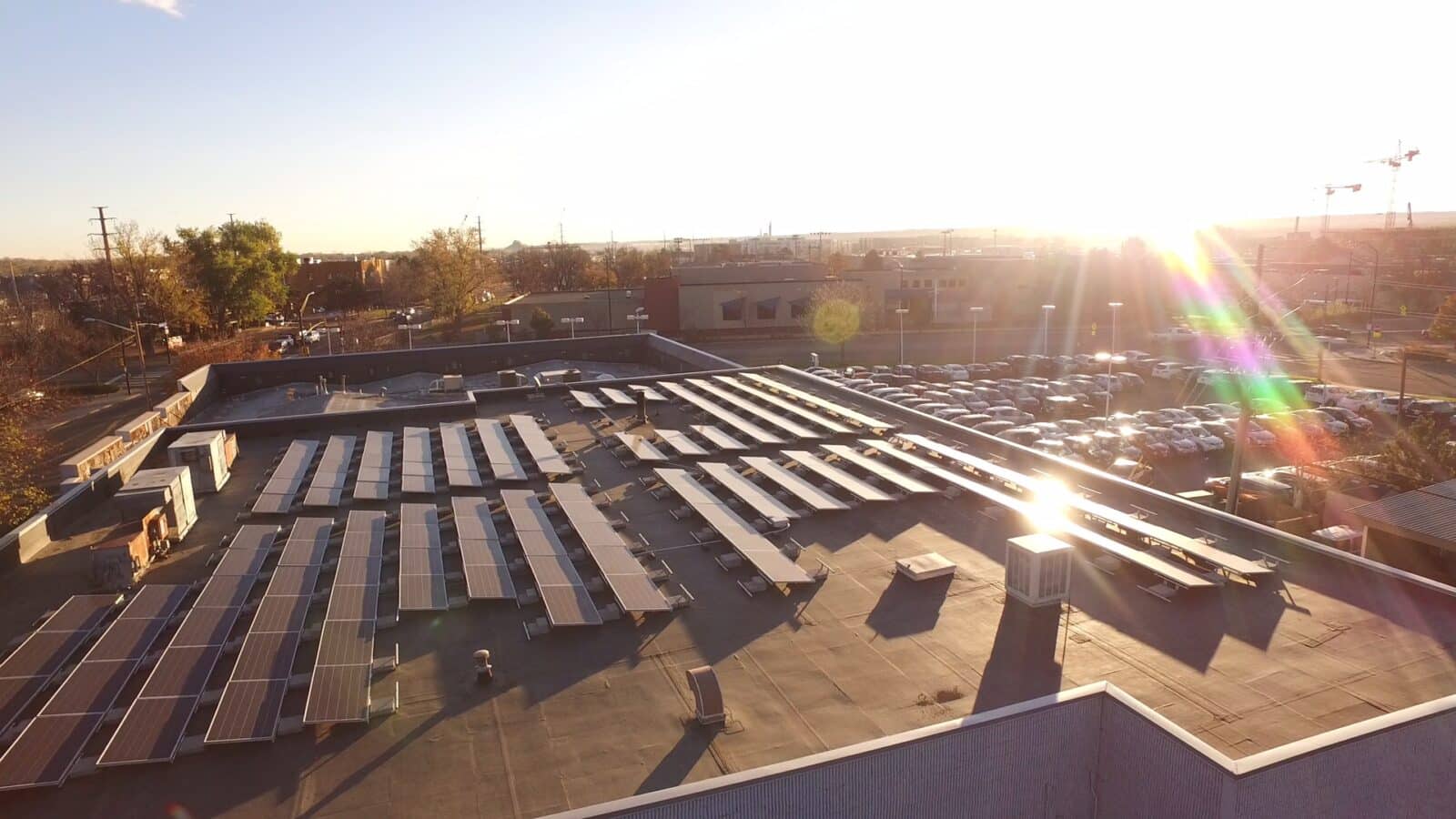Intelligent Energy Management
Intelligent energy management is a sophisticated approach to optimizing energy consumption, generation, and storage using advanced technologies, data analytics, and smart control systems.
Many have approached demand savings only with battery storage. However, managing flexible loads is an easier and more cost effective way to reduce demand. Then, bringing in storage where it can be financially beneficial can be more intelligently applied.
Why choose energy management?
- Reduce demand peaks
- Maximize solar energy income.
- Decrease utility bill up to 20%
- Easy 1-day install, no permits required
- Provide ongoing monitoring and alerting
- Start saving now!
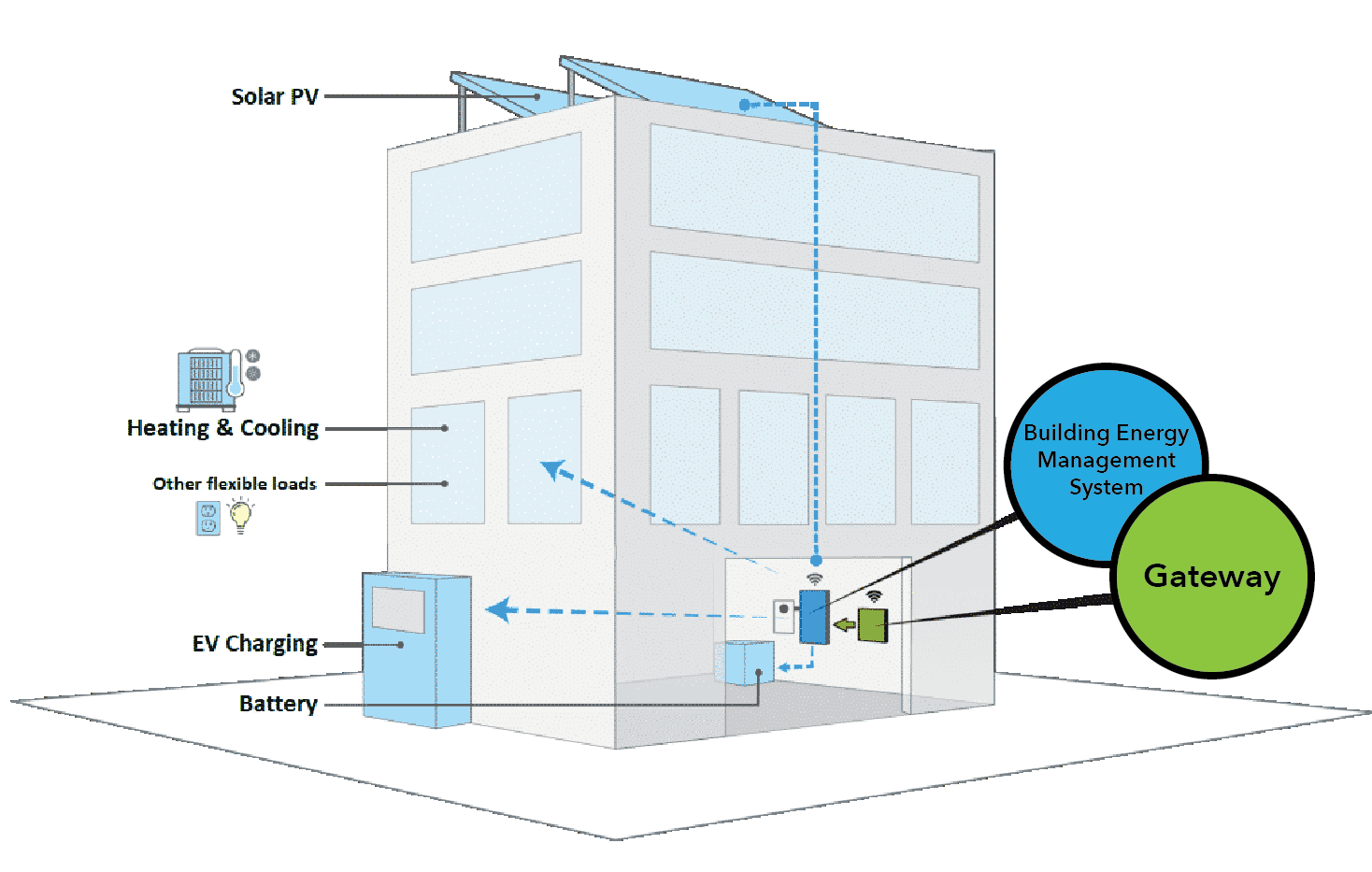
How to Maximize Savings with Reduced Energy
When consulting with new clients about solar, hail protection and EV installations, IPOWER Alliance reviews each unique scenario for the most efficient holistic system. IPOWER often recommends the use of smart thermostats, monitoring sensors, and computing power to monitor and manage the facility's energy usage including energy storage, solar assets, HVAC systems, and EV charging stations.
After installation, intelligent software takes advantage of the sun when it's out, and accounts for complicated Utility Rates to maximize savings from solar power. Our software algorithms track solar panel output, weather conditions, building activity, and the real-time price of energy to make smart decisions and save thousands of dollars.
At its core, this strategy involves real-time monitoring, predictive analysis, and automated decision-making to maximize energy efficiency, reduce costs, and minimize environmental impact.
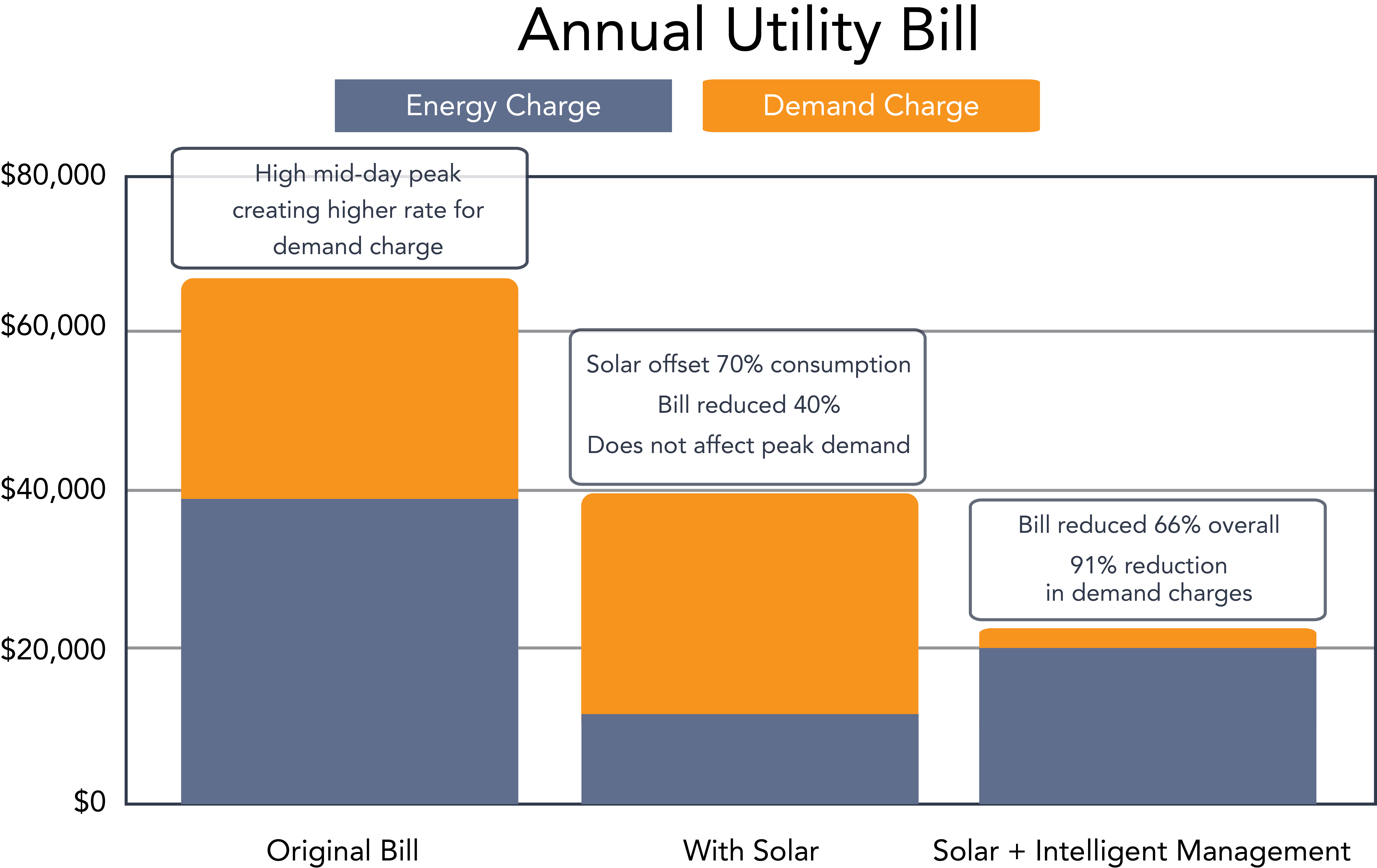
For businesses and organizations, intelligent energy management offers multiple benefits:
- Significant cost savings through reduced energy consumption
- Enhanced sustainability and reduced carbon footprint
- Improved operational resilience
- Ability to participate in demand response programs
- Longer equipment life through predictive maintenance
The ultimate goal is to create a more responsive, efficient, and sustainable energy ecosystem that adapts in real-time to changing conditions and requirements.
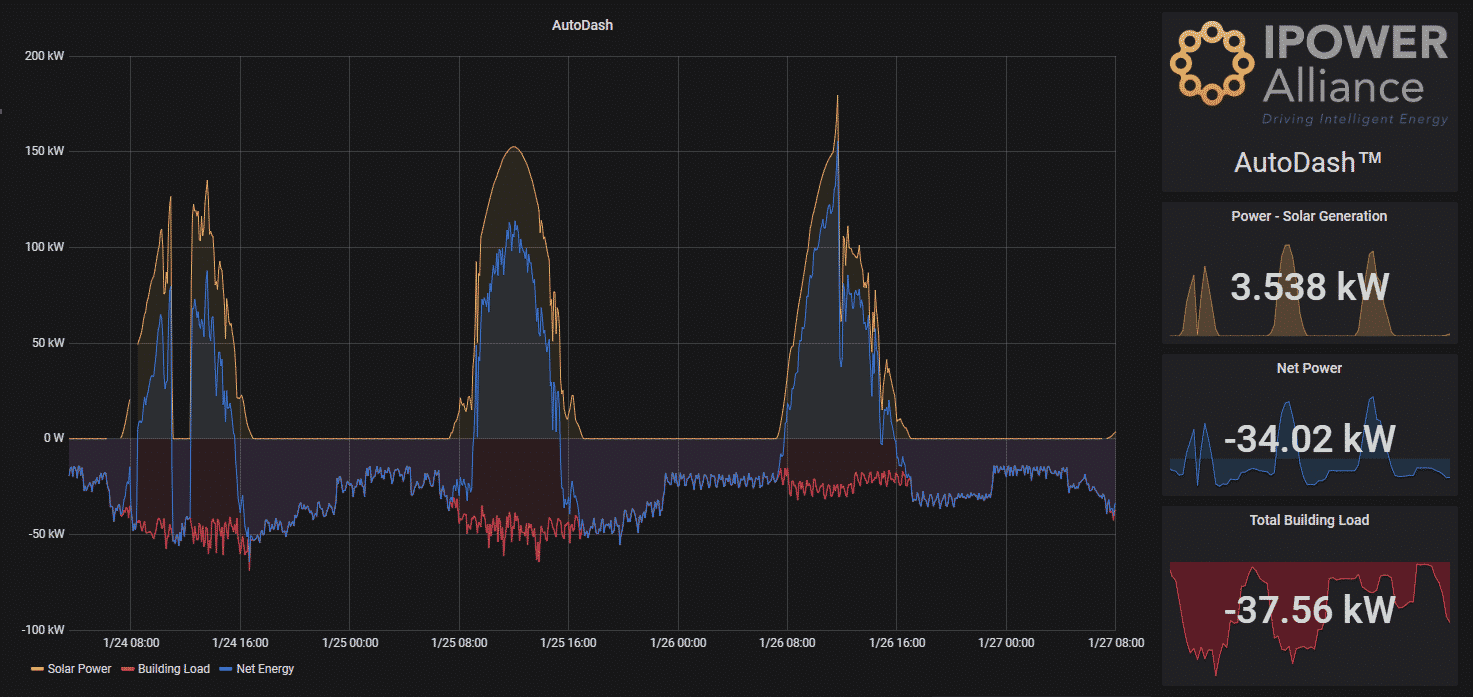
Key components of intelligent energy management include:
- Advanced Monitoring and Data Collection: Utilizing IoT sensors and smart meters to continuously gather detailed information about energy consumption, generation, and grid conditions. This real-time data provides insights into energy usage patterns, equipment performance, and potential optimization opportunities.
- Predictive Analytics: Leveraging artificial intelligence and machine learning algorithms to forecast energy demand, predict equipment maintenance needs, and identify opportunities for energy savings. These systems can analyze historical data, weather patterns, and other contextual information to make precise predictions.
- Dynamic Load Management: Automatically adjusting energy consumption across different systems and equipment to balance load, reduce peak demand, and minimize energy costs. This might involve shifting energy-intensive processes to off-peak hours or automatically reducing non-critical energy usage during high-demand periods.
- Renewable Energy Integration: Intelligently managing the integration of renewable energy sources like solar and wind, optimizing their use by storing excess energy in battery systems and seamlessly switching between renewable and grid power to maximize efficiency and sustainability.
- Battery Storage Optimization: Using advanced algorithms to manage energy storage systems, deciding when to store energy, when to use stored energy, and how to balance between grid power, stored energy, and renewable generation.
Common Reasons to Manage Your Energy
A company would benefit from intelligent energy management in several key scenarios:
- High Energy Cost Environments: Businesses operating in regions with expensive electricity rates or volatile energy pricing can use intelligent energy management to minimize costs by strategically timing energy consumption, leveraging stored energy, and optimizing renewable generation.
- Complex Facility Infrastructure: Organizations with multiple buildings, diverse energy loads, or complex operational requirements - such as manufacturing facilities, campuses, data centers, and large commercial complexes - can use intelligent energy management to coordinate and optimize energy use across different systems and locations.
- Sustainability Commitments: Companies with ambitious carbon reduction goals or sustainability targets can leverage intelligent energy management to precisely track, reduce, and offset their energy consumption, demonstrating environmental leadership.
- Unreliable Grid Conditions: Businesses in areas with frequent power interruptions or unstable electrical grids can use intelligent energy management to ensure continuous operations through strategic battery storage, backup generation, and automatic load shedding.
- Renewable Energy Integration: Organizations investing in solar, wind, or other renewable energy sources need intelligent management to effectively integrate these intermittent power sources, maximizing their utility and minimizing reliance on grid electricity.
- Peak Demand Reduction: Companies looking to reduce expensive peak demand charges can use intelligent energy management to automatically shift or reduce energy consumption during high-cost periods.
- Electric Vehicle Charging Infrastructure: Businesses with multiple electric vehicle charging stations can optimize charging times, manage electrical load, and balance energy consumption across their fleet and facility.
- Regulatory Compliance: Companies in industries with strict energy efficiency or emissions regulations can use intelligent energy management to ensure they meet and exceed compliance requirements.
IPOWER Alliance
Use Intelligent Energy Management to monitor and manage energy efficiently - and ultimately save money.
